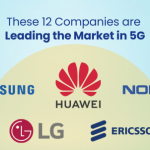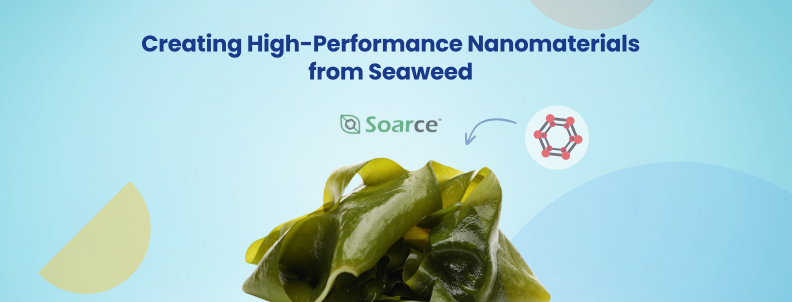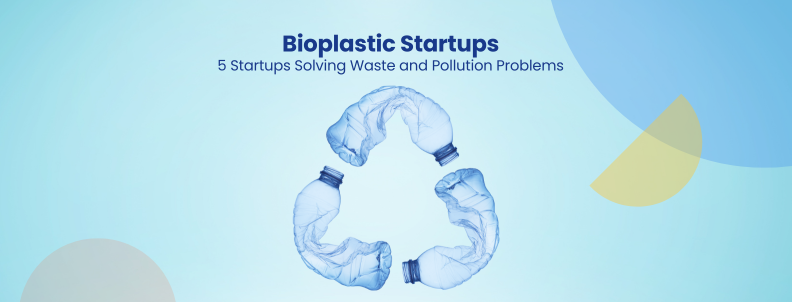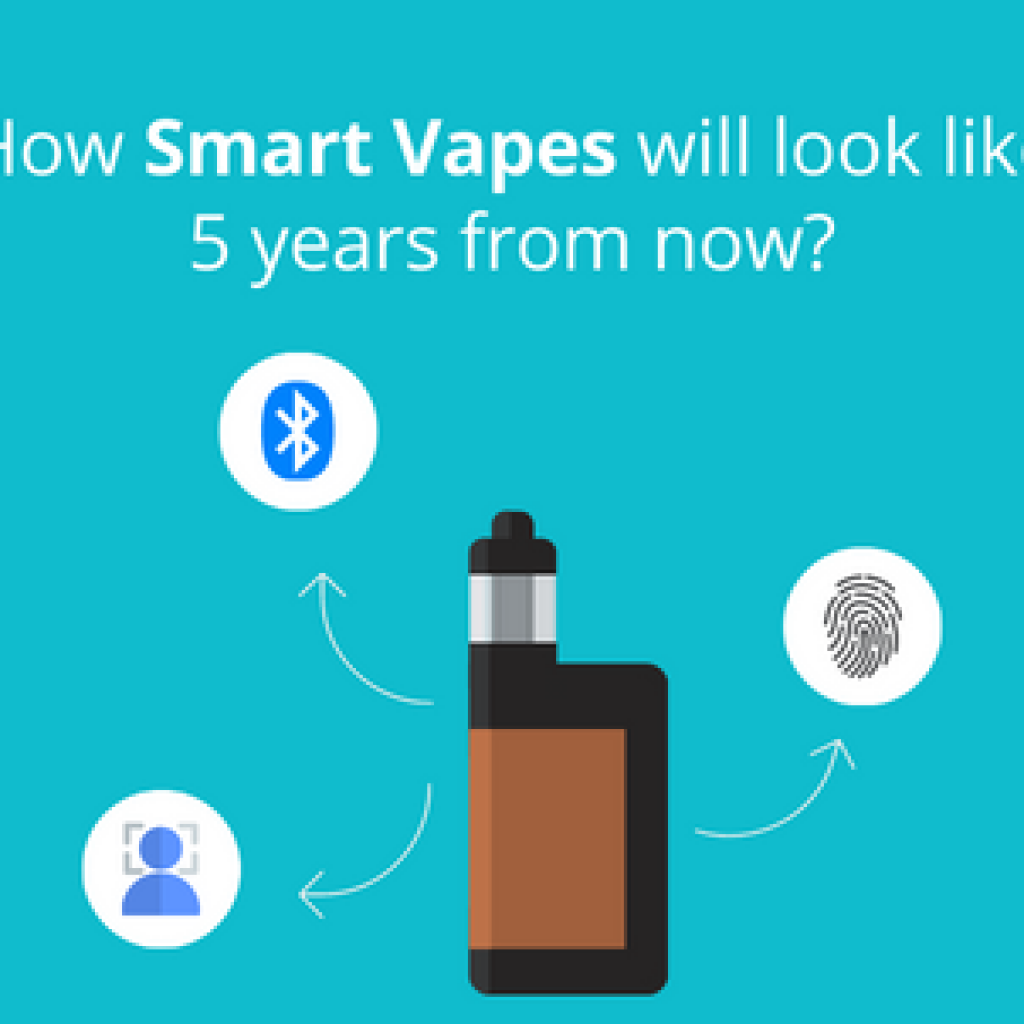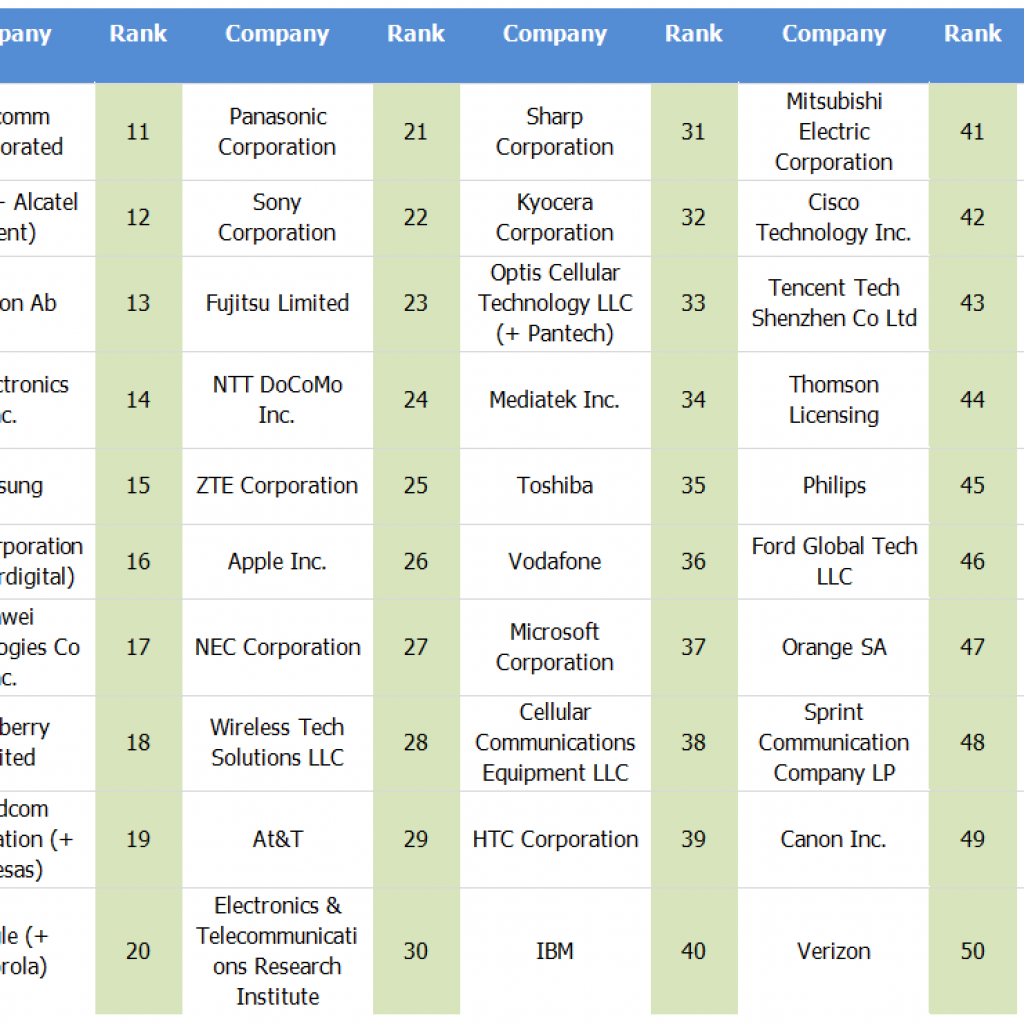The global skincare market is projected to reach a staggering $273.3 billion by 2031, of which $15.75 billion will be AI-powered applications. Industry giants like L’Oreal have already begun integrating artificial intelligence technologies to enhance their customers’ skin care.
Beauty companies use AI to precisely analyze skin texture, pigmentation, hydration, etc., and create personalized products using that data. Furthermore, AI can detect skin issues beforehand to avoid potential health problems in the future.
This report will highlight notable advancements by industry leaders using AI in skincare.
1. L’Oréal’s AI System gives Personalized Skincare Suggestions
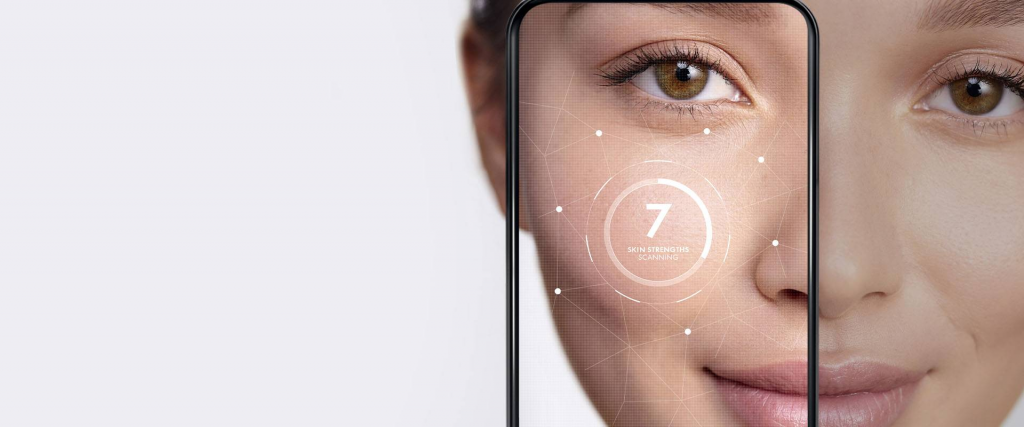
L’Oréal, a pioneer in the beauty industry, has introduced a patented, automatic image-based skin diagnostic system. The company had been working on this technology for several years, acquiring key players like Modiface, a Canadian augmented reality company, to help build the necessary algorithms.
Users simply take a self-portrait on their phones and upload it to this tool. The tool employs artificial intelligence and cutting-edge deep learning technology to precisely measure five clinical clusters of the face: wrinkles/texture, sagging, pigmentation disorders, vascular disorders, and cheek pores. Each user receives a tailored product routine to address their specific skin priorities.
2. Lululab Inc’s AI Skincare for Cosmetic and Medical Uses

Lululab Inc., a Korean startup affiliated with Samsung Electronics, has developed an innovative solution that seamlessly combines cosmetic skin analysis with medical skin disease diagnosis. Their patented device uses AI and deep learning to improve the accuracy of both cosmetic and medical skin assessments.
Remarkably, the deep-learning algorithm achieves a minimum accuracy of 90% while scanning skin data for pores, wrinkles, sebum, melasma, redness, acne, and oil-moisture balance.
Lululab has been recognized for its various innovations with the Innovation Award at the CES for three consecutive years since 2019. Their showcases have primarily been around the “Lumini” product series, like the Lumini Scalp Pro, the Lumini AI-powered skincare app, etc.
Recommended reading: Top 5 Startups Leading the Research in Skincare
3. Nivea Skin Guide
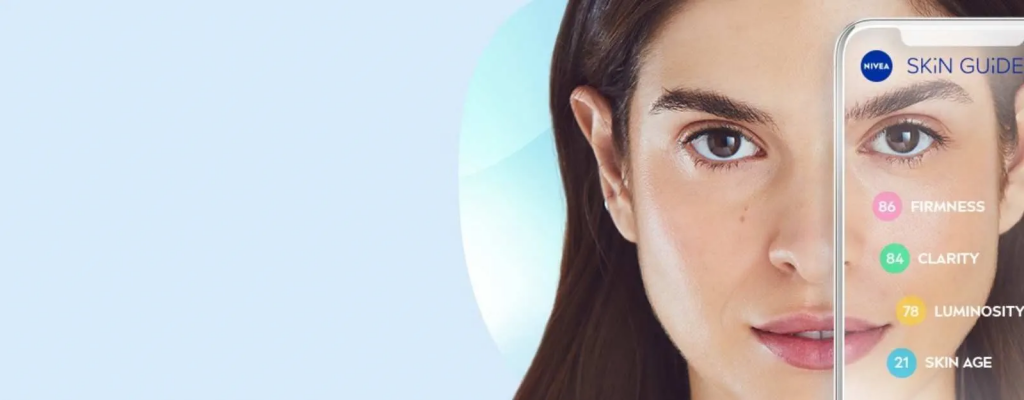
The German personal care brand Nivea launched an AI skincare app called SKiN GUiDE. It’s a web-based app that helps customers find an optimal skincare routine. Using a customer’s selfie, this app can run an individual facial analysis and determine the skin’s age, evenness, and firmness to recommend solutions.
Users can scan their skin once daily and track the scores in a personalized skin diary. Nivea made it easier for people to maintain their skin and found a creative way to market their products using an AI app.
4. Perfect Corp.
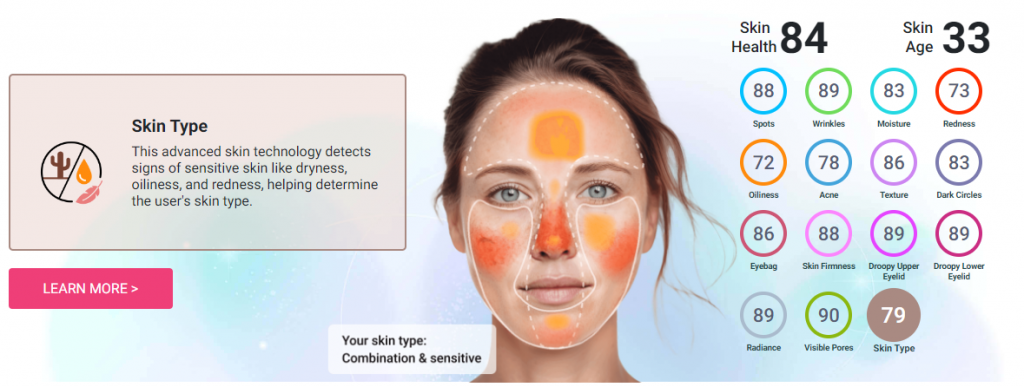
Perfect Corp. has developed AI Skin Care Technology that offers personalized recommendations and skincare routines tailored to an individual’s unique skin type and concerns.
Their skin technology tool can analyze face photos using AI algorithms and detect 14 types of skin concerns. Additionally, based on observed data, this tool can derive personalized recommendations and skincare routines tailored to an individual’s unique skin type.
Future Outlook
According to Epsilon, around 80% of clients would buy from brands offering personalized products. Market leaders leveraging this approach increased their revenue by 15%, reducing marketing costs anywhere between 10% to 30%.
Artificial intelligence will enable innovators to develop personal care devices that deliver tailored solutions to people’s skincare needs. These apps can tap into the processing power of people’s smartphones and high-resolution cameras to give personalized & expertly crafted skincare recommendations at home using a selfie.
This shift aligns with the rest of the world, particularly cosmetics, embracing an AI-powered, smartphone-driven approach to customer service and marketing. Furthermore, AI beauty advisors, like L’Oreal’s new Beauty Genius, are gaining popularity. It allows users to ask cosmetic questions and respond with suitable product recommendations.
These insights have merely scratched the surface of the impact of AI in skincare. However, AI is not the only technology changing the cosmetic landscape. Industry leaders are gaining an advantage by using new techniques to enhance their product lines. We’ve analyzed these technologies and gathered exclusive insights in our Cosmetic Trend report.
Alongside these insights, we have condensed more of the latest cosmetic industry trends and innovations into an in-depth report. These insights will help you understand the evolving skincare & cosmetics landscape, gain knowledge of the strategies used by industry giants, and stay ahead of the curve in 2024.
Get the exclusive report in your inbox by filling out the form below.
Authored By: Gaurav Sahni, Intelligence Team
Edited By: Hemanth Shenoy, Marketing



